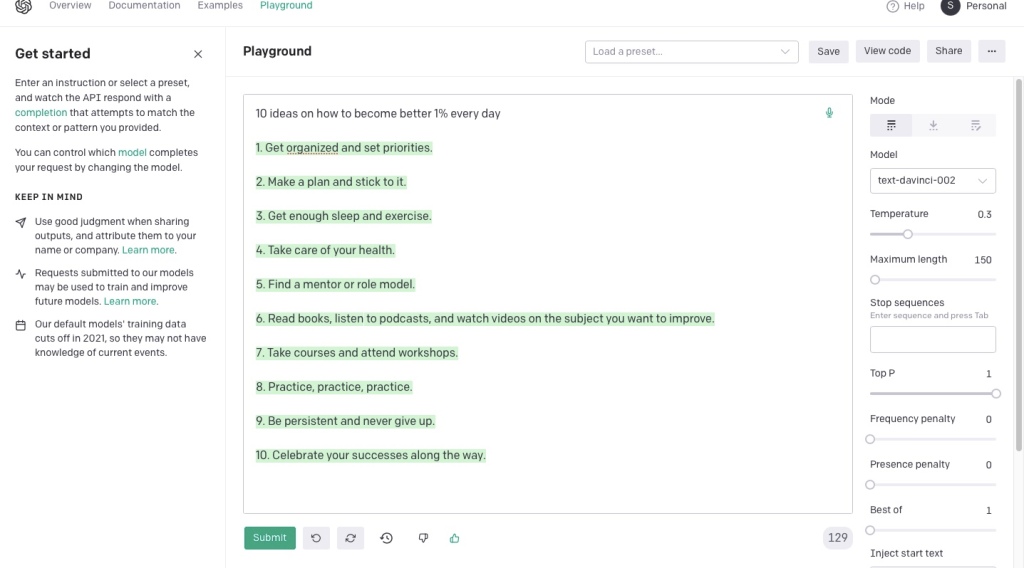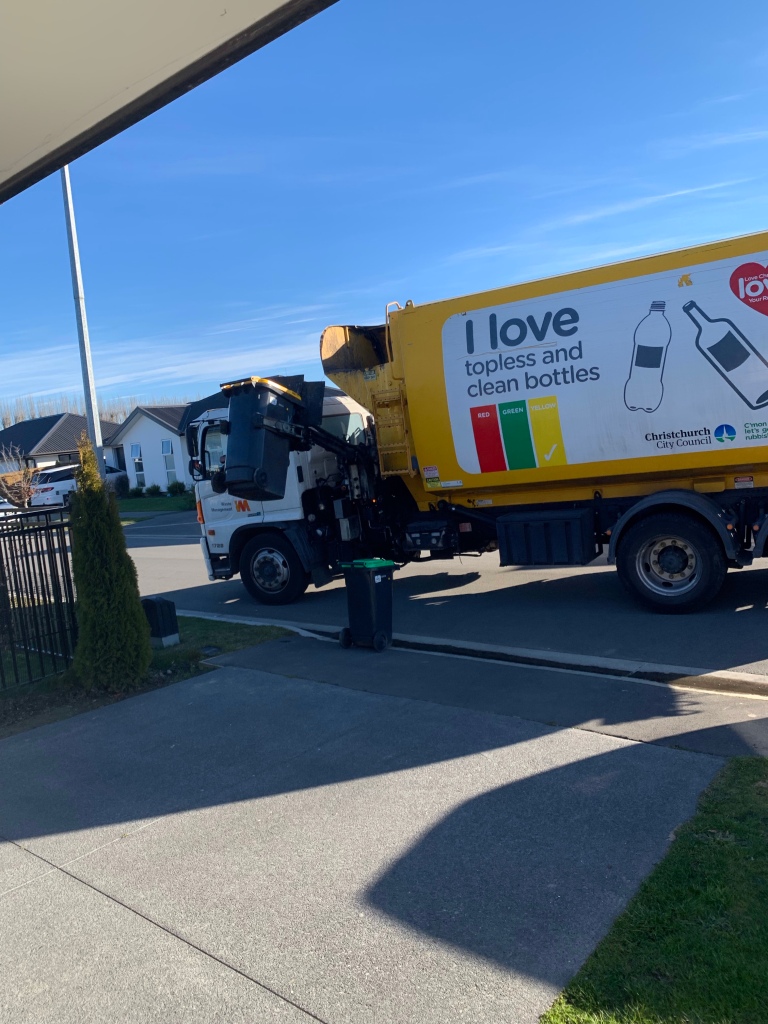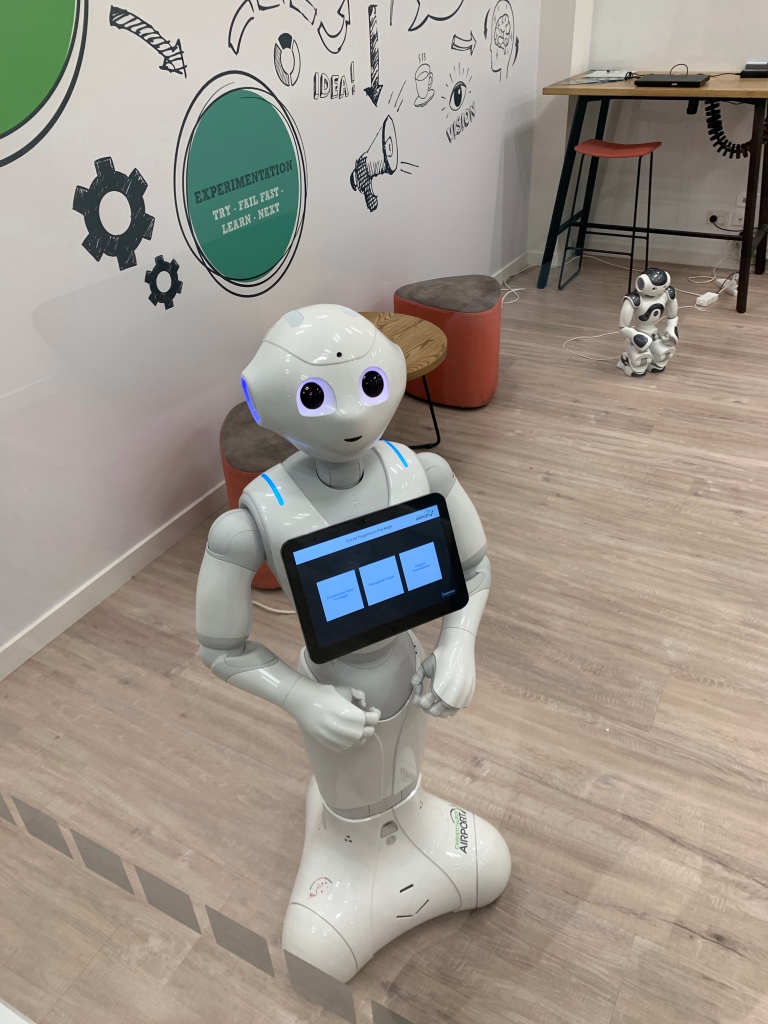| Text I responded to can be seen here: https://sgcarney.substack.com/p/whats-wrong-with-hubermans-science My comment: “I think there is a bit of misconception going on here. Huberman is doing a podcast, not science here. Popular science, in a way communicating science to the public. Personally I think he is doing a terrific job. Is he a saint, super natural creature, without any mistakes, contradictions or errors? Nope. I think millions of people have gotten great information from him, me included, on importance of sleep, exercise etc. And I think world is a better place for it. So thanks for your criticism. It is important, just like scientists attack each others ideas, journalists are doing something similar. But I will continue to listen to Huberman podcast, in a critical way, not accepting everything he says as golden truth. I am open to change, have dropped previous podcasts when they stared spreading nonsense like Rogans podcast for example.” This article on Slate by Scott Carneys podcast guest is a pretty strong critique though: https://sgcarney.substack.com/p/whats-wrong-with-hubermans-science My conclusion: doing science is hard, doing science communication perhaps even harder. Seems Huberman does have some questionable ideas: fluoride, anti wax etc. Will see. Time will tell. |
Category Archives: Uncategorized
Couple of random thoughts
We are just two decades into the 21st century and how stormy are the weathers already! We had a devastating pandemic of Covid-19. Major war in Europe, with mentions of a possible nuclear Armageddon. Culture wars fuelled by “social media” which are ripping societies apart, to the brink of civil war. Appearance of some sort of AI. A speeding up of climate change. Possible beginning of a new cold war. It seems that the world is out of balance and the centres of powers are shifting again. How will it settle down and what undercurrents will be decisive and in which form to what proportions? I can imagine countless outcomes. Utopia or dystopia? I would put my bets on both at the same time in different proportions in different times and places.
In a way we are already living in a sort of cyberpunk novel.
The big question is who will be the winners and who will be the losers. If I learned anything from history and from my own insignificant life experience, is that there are no certain outcomes. I have a strong wish things will get better and humanity will find its way, like we did so many times before. But as an individual, living a small life in a particular place with certain abilities, I am aware that many many things are simply out of my control. Wishful thinking will not help you if you loose your job or your country gets ripped up like my previous country Yugoslavia was.
You can be a genius, but you will have a sea off suffering awaiting for you. You cant be Bill Gates or Albert Einstein if you are born into dire circumstances. You just cant. Neither can you have a good life if you live in a place ripped up by conflict and economic uncertainty.
Does that mean you (me really) are hopeless and all is lost? No, not really. You can make choices, and each and any of them will get you closer to your goals. Hate social media? Don’t use it. Thanks Twitter and Musk for showing me that social media is just a giant, harmful website. Not to mention Facebook and its various subsidiaries. There are many others, alternatives and some of them could actually be beneficial to me and people around me. And so on and so fort.
I remember people disagreeing on the beginning of the “social media” era about questionable practices of these companies. The alarmists have been mostly nerds. But after these ten or so years, it became clear to me at last, yeah they were actually point on before everyone else.
Note to self: listen to dissenting views. The easiest way is not always the best one. There is value in privacy and personal autonomy. There is value in not being manipulated and influenced. Getting a free service is not cost effective if it brakes your life. Like for example people dying from preventable diseases like Covid-19 because they were not using safe and effective treatments and procedures, like getting vaccinated or being masked in public. There is a long and winding path from: hey look, I got free communication channel to friends and family to I am dying or getting exploited because I was mislead and maliciously influenced. We went for the short term benefit and forgot the longer term harms. Not a very smart decision. And we made it in massive numbers. Like in billions. There is two billion humans or so on Facebook alone.
This is the reason I am worried about powerful software like LLM (chatGPT and other) despite being a user and understanding the potential benefits. There are great, fantastic potentials and at the same time some horrific dangers. No I don’t think about Skynet and the terminator coming for us. I am worried about people and groups of people (AKA organisations) using LLM’s for their benefits against the rest of us. Think: industrial level scale of misinformation. Influence operations, manipulating thoughts and emotions on planetary levels. Destroying jobs and livelihoods of many for the benefit of the few. And so on and so fort. Best to stop before I go too deep into the doom and gloom.
Nonetheless, there is a good lecture from “social media” era to be applied to the “AI” era: be careful and thoughtful. Use the tools as long as you do not become a tool for someone/something else. Do a cost/benefit analysis. Check for better alternatives. Think or yourself. Think.
iPhone face recognition
For a couple of years I was annoyed by the need to unlock my iPhone with the passcode, as I am wearing a mask most of my workday as a beekeeper. Just now I learned that all I need to do banish this small but frequent inconvenience is to train the face recognition software with my mask on.
Here is the procedure: go to Settings > Face ID &Passcode > turn on Face ID with a Mask.
Super simple, yet a great time saver. Makes me think how many other small hindrances and frictions I have in my life which I could remove in such a simple way. Probably not that many, but still an intriguing thought.
GPT3 chatbot

AI for everyone
How o use AI for your own benefit? Here is one example. I have this practice of writing 10 ideas per day. Since I feel lazy sometimes and would like to get some input from outside my mind, why not use GPT-3 to get some ideas?
Here is a first try.

Bye Twitter, hello Mastodon
Elon Musk just keeps confirming who he is and what he thinks about people. Makes a bad decision, buys a company he really does not want or need, fires half of employees in a brutal manner in a cold email. Is this the vision of future he has, him being an omnipotent being controlling everyone/everything, and throwing away everyone who disagrees? Well that really isn’t a future I like or appreciate. So thank you Musk for explaining that “social media” like Twitter is just another website. There are many, many others. And whoever does not like his approach can easily go somewhere else. I went to Mastodon. Nz
Also another, Serbian language Mastodon instance
Only 5% of users are empowered by technology
According to Jakob Nielsen who is a major figure in UX : “Only 5% of users (worldwide) are truly empowered by technology and are capable of putting together things and solve their own problem”.
To me, this is mind boggling and shockingly low. This means that there are massive opportunities out there. It is like we are not even at the beginning of the beginnings of the internet.
Short note on Building Harlequin’s Moon by Larry Niven and Brenda Cooper
Interesting sci fy book. Noot only about cool space stuff like interstellar travel, AI, nanotech etc but also about humans, human work, power, dominance and resistance.
Interesting view on AI and humans as both enslaved for some other purpose than their own. Being scared of overdeveloped technology and the sanctity of direct work/manual laboour. About the need to experience things first hand as that is what it takes and what makes us human. It is not good enough just to release wast computer and techno power, humans need to tend gardens with their own hands, work the fields, plants and soil. Really interesting.
Also about how one group of humans clone/grow another group of humans to have them work for them almost llike slaves, not in harsh conditions but with no say about their future. They do have a similar approach to AI despite it being a conscious entity. In the end political struggle, bit of violence and nonviolence helps the groups to find a common interest. Ancient story of human politics, emotions and deeds just with the background of spacefaring and high technology. Interesting and thought provoking.
A short response on Musk worshipping
Something I received in my inbox. A cool newsletter promoting optimism. But with tis statement I do not really agree.
Elon Musk is humanity’s most valuable player.
Musk has been named Time Person of the Year and Financial Times Person of the Year.
Perfect choice. No human being contributes more to our positive future than Elon.
I wrote a blog post about why I think so.
Elon Musk: Humanity’s MVP
Do you agree? Why? Why not?
Mathias Sundin
CEO of Warp News
Executive Chairman of Warp Institute
Here is my short response
I do not agree. First of all, there is what 8 billion people on the planet? It is like saying one person is more important than billions of others. It is like saying one pc is better than billions of others. Not true. One supercomputer is pointless without the rest of the network. He is important don’t get me wrong. But not an idol, not someone we should all bow to. Just a smart and successful person. There are many, many others. Boring company wont work. There is no self driving ( I hope it will come eventually. Space x is not spreading human consciousness. Neuralink does not work and I think it never will. Interesting idea though.
Space X is a good thing but it rests on the shoulder of giants (US, SSSR etc). He ( Musk), is a libertarian techno dude. Their goal is to be superpowerfull and uber rich. Rest of us should become serfs. No, thank you. Oposes build back better infrastructure for US. Of course, he will live in his little bubble, the rest of us he doesn’t give a dime about. And so on and so fort.And perhaps the worst, not his guilt per se, but if he is such an ubermensch, what are rest of us, useless pawns? I don’t think so. Everyone of us needs to build and invent. One person is nothing, billion inventors can get human civilisation to a Star Trek TNG level civilisation at warp speed.
Couple thoughts on Future of work
This is a theme I am extremely interested in. Besides my interest in past, in history, I am also curious about the future, especially the kind of future which will be important to me personally and to people I care about. Future of work is one of such topics where volumes have been written about. OK perhaps not volumes but certainly quite a few books have been written about it. It is interesting how the past intersect with the future through the present of course.
How fast is the world changing? Let me see. My grandmother was born in a mountainous village, never finished school learnt to read on her own. My father was born in ww2 in a refuge among a bloodbath of Yugoslavia in ww2. I lived through the death of Yugoslavia at the end of the 20th century. Now I am in New Zealand, working as a beekeeper and educating my self online through an e learning campus, Open Polytechnic. So much has changed, incredibly much. We went from a village, through industrialization to modern knowledge economy in three generations.
When my grandmother was born there was no electricity. When she passed on, the internet was just starting to grow. When my kids were born the internet was already big. Now it is massive, with all its good and all its bad parts included (conspiracies, anti waxers, extremism, echo chambers). Also we are supposedly on the edge of a new revolution. The AI revolution which according to some will surpass all our inventions taken together.
Well see I guess. One thing I worry is that change is painful. Big change is even more painful. Extreme change might be extremely painful. This conclusion comes from my personal experience of living through the fall of the Berlin wall, eg the end of socialism/communism in former Yugoslavia. It was unbelievably horrible and painful.
Anyways that is a long way from the future of work which I wanted to write a bit about. Actually I will be very short. Short as in a couple of sentences. Actually as the images are better than words here are a couple of images which might or might not better illustrate my view.
First image: the garbage collection. One person in a truck, it takes him/her about 5-10 seconds to pick up the garbage from the bin. In my hometown in Serbia this job is being done by three people and it takes them way longer.



Second image a petrol pump without people. It a self service and there are zero employees at the site. A bit confusing and a kind of scarry. At least a couple of jobs gone, permanently.
Third image a cute but pointless robot on Christchurch airport. He/she/it can match your hand gestures. Sweet but useless.
My conclusion: not worried about robots or software taking my job. I want it/them to take it so that I can do something easier and hopefully more profitable. I just don’t want to be kicked out of mu job and left with nothing to do. In fact I would love to have a robot which does my job while I get my pay. That is the solution.